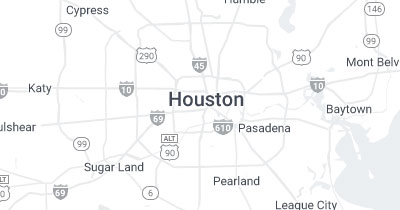Ankylosing Spondylolisthesis
Ankylosing spondylitis is an inflammatory disease that, over time, can cause some of the vertebrae in your spine to fuse. This fusing makes the spine less flexible and can result in a hunched-forward posture. If ribs are affected, it can be difficult to breathe deeply.
Ankylosing spondylitis affects men more often than women. Signs and symptoms typically begin in early adulthood. Inflammation also can occur in other parts of your body — most commonly, your eyes.
There is no cure for ankylosing spondylitis, but treatments can lessen your symptoms and possibly slow progression of the disease.
Ankylosing spondylitis has no known specific cause, though genetic factors seem to be involved. In particular, people who have a gene called HLA-B27 are at greatly increased risk of developing ankylosing spondylitis. However, only some people with the gene develop the condition.
Early signs and symptoms of ankylosing spondylitis might include pain and stiffness in your lower back and hips, especially in the morning and after periods of inactivity. Neck pain and fatigue also are common. Over time, symptoms might worsen, improve or stop at irregular intervals.
- The joint between the base of your spine and your pelvis (sacroiliac)
- The vertebrae in your lower back
- The places where your tendons and ligaments attach to bones, mainly in the spine, but sometimes along the back of your heel.
- The cartilage between your breastbone and ribs.
- Your hip and shoulder joints.




